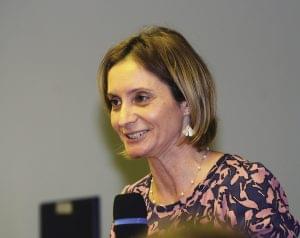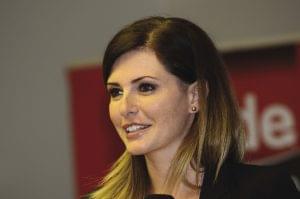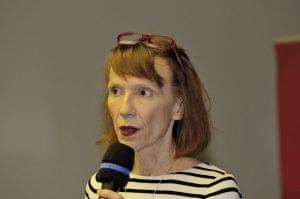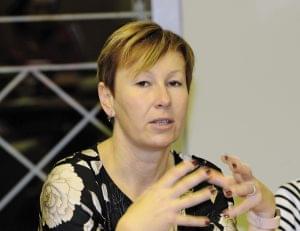Magazine: Restless pensioners: is 50 the new 40?

Rita Csillag-Vella
This year’s last Trade Marketing Club meeting was held at the Budapest Chamber of Commerce and Industry on 9 November 2017. The topic was what kind of marketing and sales opportunities lie in the +50 age group. According to Rita Csillag-Vella, client service director of GfK, there are 1.8 million Hungarians who are older than 65 years. They represent 16.7 percent of the country’s population, but in the next 40 years their proportion will double. They go shopping more often, but the basket size is rather small. Those who belong to this age group prefer shopping in traditional retail channels and discounts supermarkets. Older consumers tend to like so-called ‘B’ brands. In communication they aren’t easy to reach as the age group is highly polarised.

Dr Barbara Jenes
Dr Barbara Jenes, strategic planner of Ogilvy&Mather/Geometry spoke about how they can help brands in reaching members of this age group with television commercials. 55 percent of Hungarians who are older than 50 years are women and 45 percent are men. 52 percent have already retired and 64 percent are married. Every second member of the age group uses the internet and 29 percent owns a smartphone. Ms Jenes told that communication plays a key role in senior marketing, and she used examples to illustrate how to speak effectively to +50 consumers. These people expect a lot from life – unlike they did in the early 2000s – and as the target group is changing, brands have to change too.

Zsuzsanna S. Takács
Zsuzsanna S. Takács, managing director of communication agency Strategic Scope gave a presentation about how television commercials communicate with +50 consumers abroad. She explained that various age groups have changed a lot, older consumers are now much more dynamic and modern than they used to be.

Judit Iglódi-Csató
Judit Iglódi-Csató, director of government affairs, communications and market access at GSK shared their experience: consumers older than 50 years have considerable savings; she added that the age group is polarised and it isn’t easy to reach with communication messages.

Szabolcs Forgó
Szabolcs Forgó, business development director of Alma Pharmacies revealed that in the last 6-7 years the proportion of prescription drugs decreased in sales, while that of OTC and other products increased. //
Related news
Shoppers don’t want sustainable, but they want organic?
In Germany the proportion of people who regularly buy sustainable…
Read more >German consumers save a record amount on sustainable food
The propensity to buy sustainable products in Germany has fallen…
Read more >Penny Italia Launches New Private-Label Line For Customers Aged 50 And Above
Penny Italia has launched Foreveryou, a new own-brand product range…
Read more >Related news
Recognition of Consumer Protection Excellence: Honoring the Best of 2024
This year’s outstanding consumer protection officers and special award recipients…
Read more >The Joy of Giving! – SPAR stores collect non-perishable food for people in need
The Hungarian Maltese Charity Service and SPAR Hungary have launched…
Read more >KSH: industrial production decreased by 0.2 percent in October
In October, the volume of industrial production fell by 0.2…
Read more >








